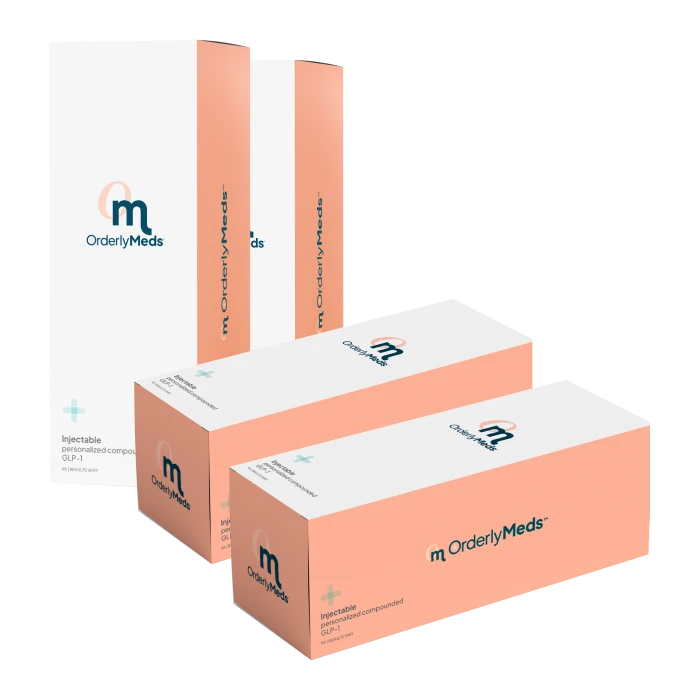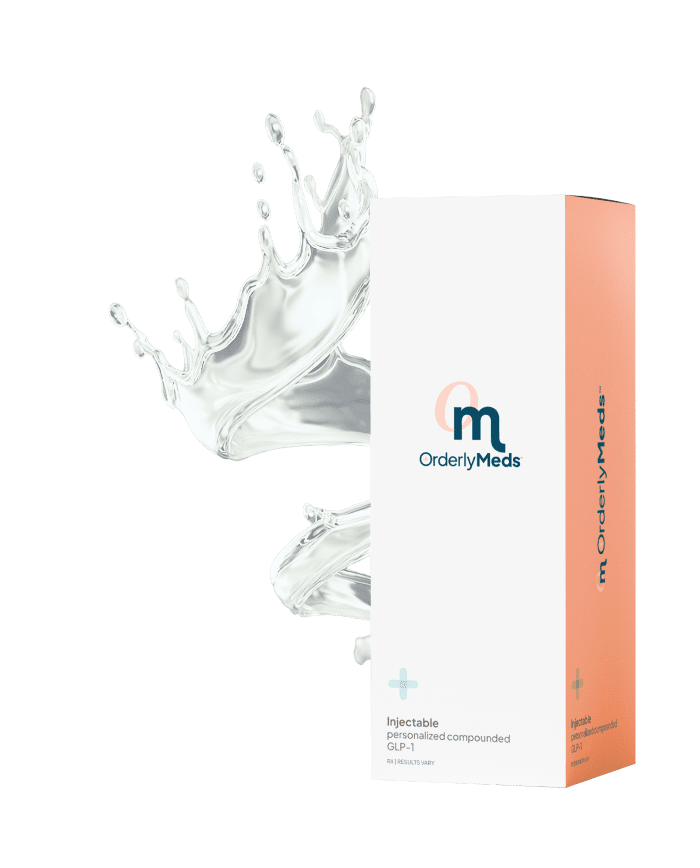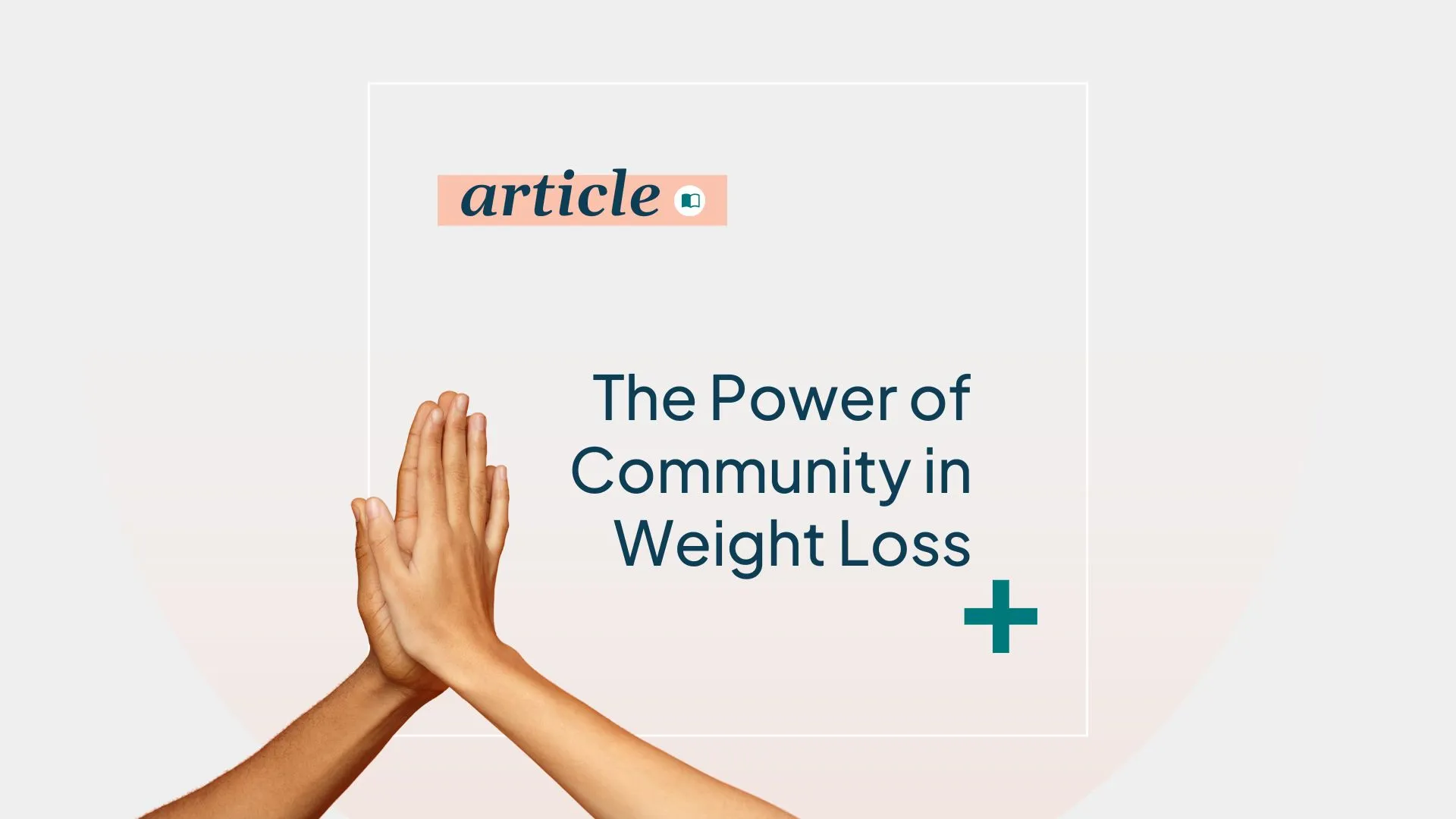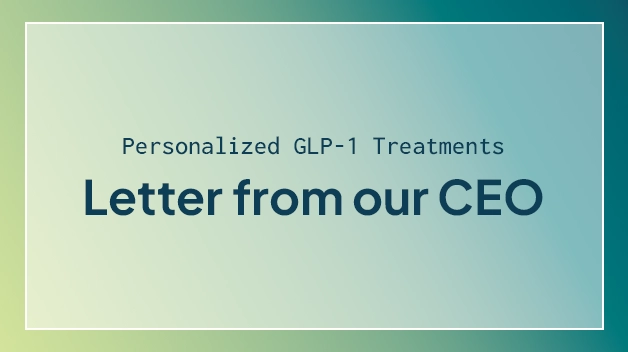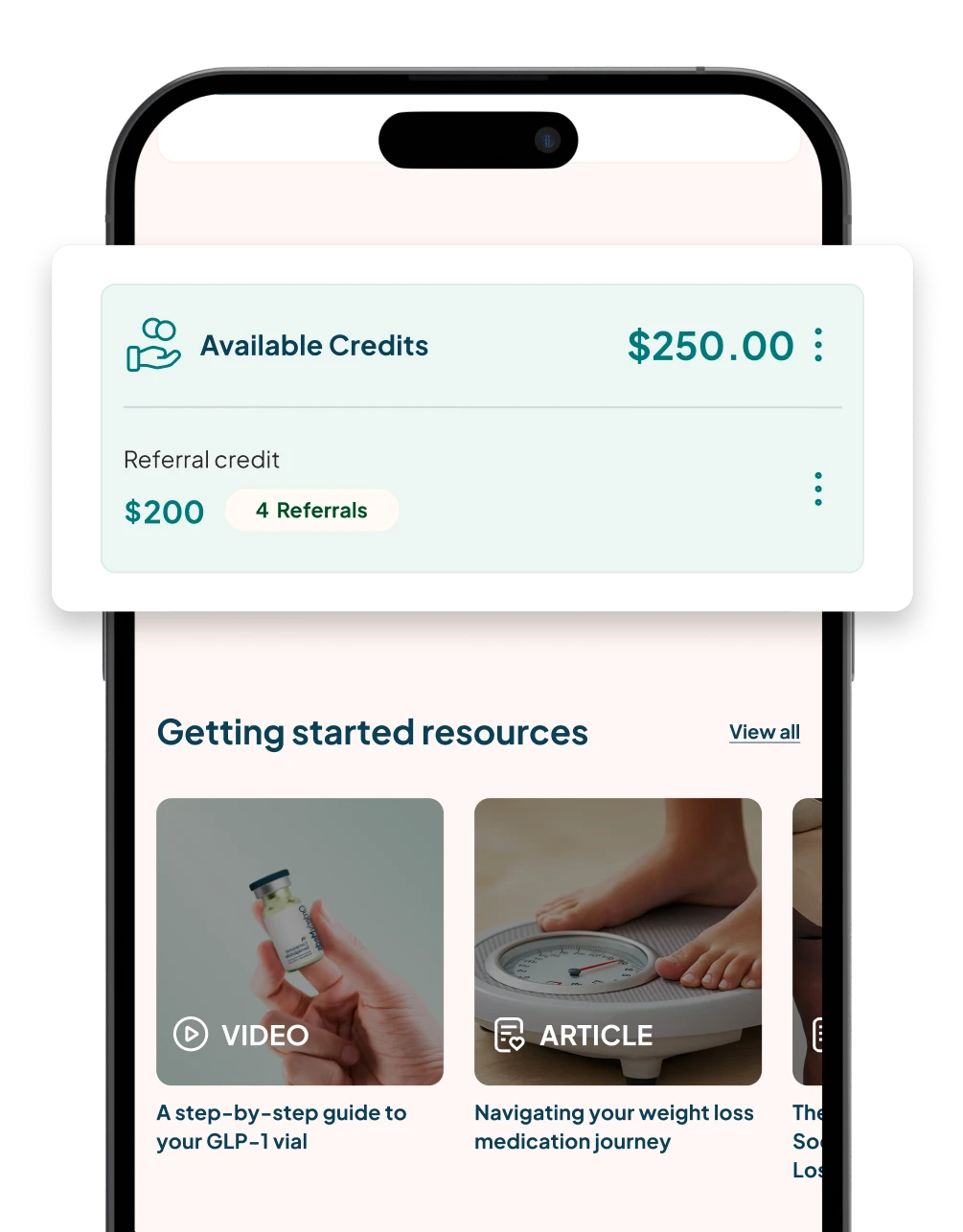By Dr. Katie Rickel, OrderlyMeds Mental Health Expert
Successful weight loss isn’t only about diet plans or exercise routines—it’s shaped by the people around you. The encouragement, accountability, and shared experiences you find in a supportive community can make the difference between short-term effort and long-term success. When you connect with others on the same journey, you gain tools, perspective, and motivation that make it easier to stay consistent and resilient.
Why Community Matters in Weight Loss
Food, movement, and health are deeply social parts of daily life. Meals bring people together for comfort, celebration, and connection. That’s why changing your eating or exercise habits often affects more than just you, it impacts your entire circle. If you’ve ever dealt with “food pushers” or “food police,” you know how discouraging it can feel when others question your efforts or make unhelpful comments.
On the flip side, the right support can transform your experience. Having people in your corner—friends, family, or peers—helps you feel connected, motivated, and more confident in staying the course.
The Research on Support and Success
Decades of research confirm what many people already sense: community support leads to stronger, more sustainable results. In a landmark 1999 study, participants who joined a weight loss program with three friends or family members were more likely to stick with it and maintain their results ten months later compared to those who enrolled alone.
In 2010, a study found that team-based participants lost more weight than individuals who went solo.
These findings are consistent across time and settings. Whether it’s face-to-face groups, online communities, or a trusted accountability partner, people who engage with others experience better outcomes and greater emotional resilience.
5 Ways Community Helps You Succeed
1. Share Challenges Without Judgment
When you start something new like GLP-1 treatment, you’ll run into questions and hurdles. Maybe it’s a side effect, a dip in motivation, or an emotional setback. Talking with someone who’s been there normalizes the experience and gives you a roadmap forward.
As you gain experience, those same struggles become lessons you can pass on—whether it’s reassuring someone about a side effect you’ve already worked through, or sharing a strategy that helped you push past a low-motivation week. In that way, the support you receive now becomes the support you offer later.
2. Learn Tips and Tricks That Actually Work
Peers often know the small, practical things that make the journey easier. Questions like, “Where’s the best injection site?” “What’s a good high-protein snack that actually tastes good?” “How do you manage constipation without disrupting your day?”
Fellow patients have tried and tested countless strategies, and their insights can save you time and frustration. Your medical team provides the clinical expertise, but peer experience often hits differently because it’s lived-in and relatable.
3. Set Realistic Expectations
It’s natural to want fast results, but weight loss rarely follows a straight line. You might feel like your progress is too slow until you hear from others and realize you’re right on track.
Community helps you see your journey in context. It keeps you from falling into the trap of thinking you’re failing when you’re actually moving at a perfectly normal pace. This perspective can prevent unnecessary discouragement and help you stay consistent.
4. Find People Who Truly Get It
If your friends or family haven’t struggled with weight, they may not understand the emotional or social challenges you face. And that lack of understanding can feel isolating.
Being in a group of people who “get it” changes everything. It offers empathy instead of judgment, belonging instead of shame. Simply knowing others have walked in your shoes can provide comfort and strength.
5. Stay More Accountable
Most of us are better at keeping commitments when someone else is counting on us. That’s why accountability partners are so effective. Maybe it’s a friend you share meal plans with, a peer you check in with after weigh-ins, or a walking buddy who texts you before every session. Community creates gentle pressure that keeps you on track, turning good intentions into consistent action.
How to Build Your Support System with OrderlyMeds
At OrderlyMeds, we believe support is an essential part of your treatment — not just an optional extra. That’s why we’ve created resources to help you connect with others who truly understand what you’re experiencing.
- Join the OrderlyMeds Facebook Community to share milestones, ask questions, and receive encouragement from peers.
- Attend our monthly discussion groups, where licensed experts guide conversations on real-life challenges like stigma, motivation, and relationships.
- Find an accountability buddy through the Facebook group or in your personal circle, so you always have someone in your corner.
Why Support Could Be the Missing Piece in Your Journey
You don’t have to do this alone. The right support system can make the difference between short-term results and lasting success. By surrounding yourself with people who understand, encourage, and hold you accountable, you’ll build the confidence and resilience needed for the long run.
Final Thought
Behind every safe, effective compounded GLP-1 medication is a pharmacist ensuring that patients are seen, supported, and protected. For the pharmacists at OrderlyMeds, it’s not just about science, it’s about people. Their work ensures that when you open your next vial, you can feel confident you’re holding a medication made with precision, care, and your success in mind.
Ready to learn more about your treatment options? Explore how OrderlyMeds pharmacists safeguard every step of your journey and how compounded GLP-1s may help you reach your goals.
